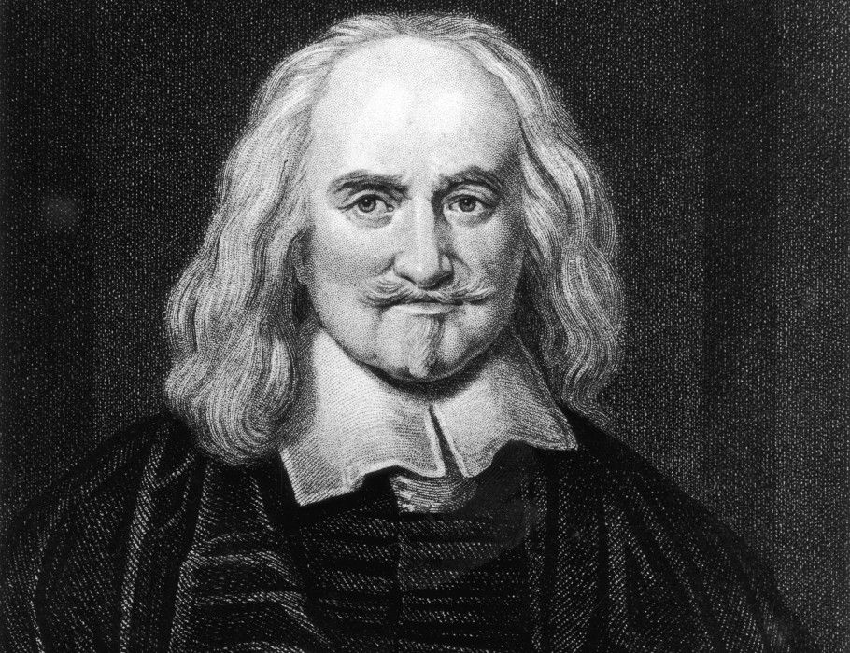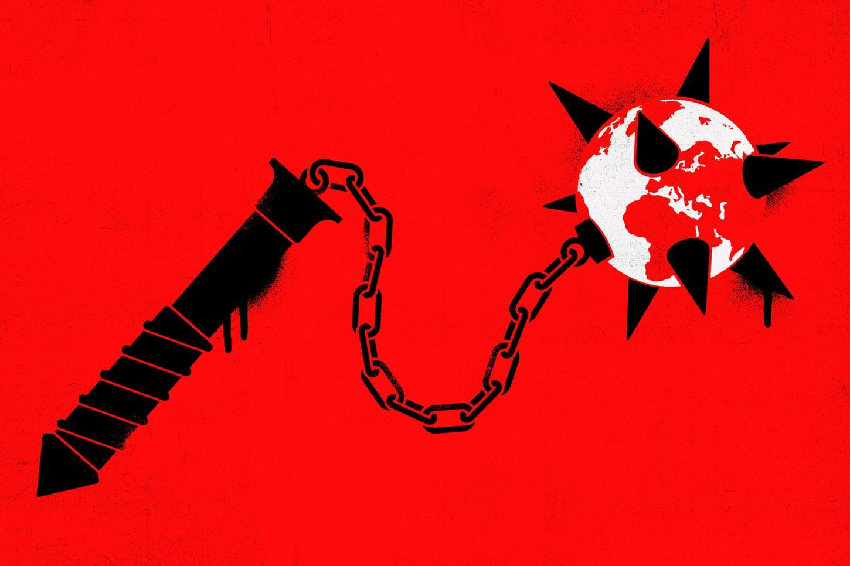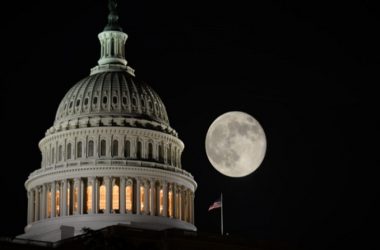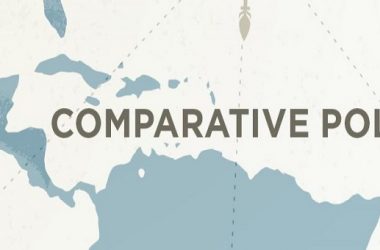What Is Liberalism
Liberalism is a political – philosophical current that advocates human freedom as a superior value. Its origin is linked to the beginnings of European Enlightenment rationalism of the 18th century, as well as to the origins of mercantile and industrial capitalism. Its main classical authors are Locke, John Stuart Mill, and Adam Smith.
Classical liberalism is based on three principles:
- Individualism
Liberalism adopts the Renaissance thought that the human being, and not God as before, should be the center of the universe, but refines this thought by considering the individual himself as the guide of his own behavior. The individual must be free to shape his own destiny regardless of his origins, and must only be limited in doing so by his own capabilities. This individual freedom is manifested in other freedoms, such as freedom of thought, freedom of expression, opinion, and publication, free market, freedom of movement, or freedom of political participation.
- Private property
- Equality before the law
For liberalism, the law is the guarantor of individual and collective rights and a defense against the arbitrariness of absolutism. The rule of law would guarantee principles such as legality, the non-retroactive sanctioning law, or the impossibility of secret regulations, and would serve as a limit to the powers of both the State and the Government. Human beings have equal rights and duties, and cannot be discriminated against before the law for reasons of race, sex, opinion, class, religion, or others.
Characteristics Of Liberalism

Taking into account the principles of liberalism and the main authors of the movement, we can highlight six characteristics inherent to this ideology:
- Human beings are rational beings and possess inviolable individual rights. According to Locke’s natural rights, these would be life, liberty, and private property.
- The political authority (government) must regulate public life without excessively interfering in the private sphere of citizens.
- The law binds everyone, prevents the arbitrary exercise of power by the rulers.
- The capitalist free market is the basis of the wealth of nations and individuals, and the exercise of the commercial profession must be protected by maintaining the minimum possible state obstacles (taxes, customs, etc.).
- The State must exercise a function of guarantor of individual rights and of some essential minimums that guarantee the equality of citizens.
- Social rights must be guaranteed to the fullest extent by the State, which must interpose the minimum obstacles to their exercise and enjoyment.
- In political terms, liberalism is the trunk of the tree that includes all those ideologies based on the free market and individual property, with modulations of capitalism but without replacing it, such as social democracy or democratic conservatism.
Liberalism is considered ideologically opposed to pre-capitalist reactionary movements (feudalism, absolutism, enlightened despotism) as well as authoritarian and totalitarian statist movements ( fascism, Nazism, communism ).
The submission of power to the laws and the Constitution allowed the emergence of liberal democracies during the eighteenth century, whose most prominent representatives would be the United States, the United Kingdom, and France. Currently, Japan, Germany, Canada, Australia, New Zealand, Switzerland, or most of the states of the European Union could be included among the great representatives of the liberal state.
Social Liberalism
Also called socioliberalism, it originated in the 19th century as a response to classical liberalism, a kind of update to the times, which is why in the Anglo-Saxon world it is known as modern liberalism. It establishes that individual freedom is compatible with social justice, that is, to guarantee the latter, they consider that the State is entitled to intervene in social issues such as health, poverty, or education.
Economic Liberalism
Economic liberalism is based on a doctrine initially formulated by Adam Smith (1723-1790) fundamentally supported by two pillars:
- The market economy
- private property.
Summarized in the French expression laissez-faire, laissez-passer (let go, let go), economic liberalism relegates the State to a position of minimal interference in economic affairs and gives it qualities of legal control to guarantee compliance with the laws.
Although liberalism raised political equality from its beginnings to break with the absolutist systems of the old regime, it ignored the social and economic inequalities resulting from the established economic system, capitalism.
Liberal Parties In Spain
In Spain there are three main parties that could be framed within the parties that defend political and economic liberalism :
- People’s Party
- PSOE
- Citizens
The Popular Party considers itself a defender of economic liberalism, the PSOE a defender of political liberalism, and the Citizens of both, assuming the three parties the basic principles of political freedoms, economic freedom, and free market and individual property.
You may also be interested in Why do we need government






